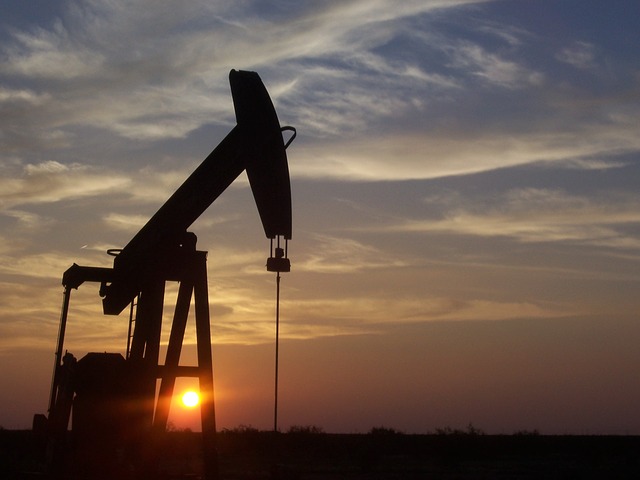As our essential energy industry enters a future of uncertainty, the Wyoming Legislature will determine how energetic the state’s future will become.
Several energy bills will make it to the floor of the Wyoming Legislature during the 2021 session. Any one of them has the potential to determine the future of Wyoming’s energy production, whether it continues to stick with “the good ol’ days” of fossil fuels or places its bets on renewable sources.
The following bills have both been reviewed and sponsored by the Legislature’s Joint Minerals, Business & Economic Development Interim Committee
House Bill 11
Yet another oil and gas production tax exemption, House Bill 11 would grant any new well drilled or old well reopened in 2021 a rebate of up to 6%. This exemption would be passed on a yearly basis and would be open for another vote in 2022 – if it passes in 2021.
House Bill 43
This bill would expand the powers of the Wyoming Energy Authority, by granting it the ability to support efforts to maintain and expand the rare earth minerals industry. Trona, rare earth, and critical materials industries are specifically cited as those that would benefit from this expansion.
While the extractive industry would continue to get incentives for perpetuation, the state’s tenuous relationship with renewable energy is shown in separate bills.
House Bill 28
Under this bill – approved by the Joint Corporations, Elections & Political Subdivisions Interim Committee – the three-year exemption on collecting tax from Wyoming’s wind energy industry would be repealed. This would make the industry cover a larger part of Wyoming’s tax burden, but advocates say it would hinder growth at a critical point.
House Bill 67
Of all the energy bills proposed for the 2021 Legislative Session, this might have the greatest implications for the future of Wyoming. It calls for a state task force to explore the potential of geothermal energy.
Geothermal energy is an untapped frontier for energy production in Wyoming, but not for the nation. The United States is the world leader with geothermal power plants in seven states which – in 2019 – generated about 16 billion kilowatt-hours (kWh,) or 0.4% of the total U.S. utility-scale electricity generation.
The bill would create a task force consisting of seven people, representing several Wyoming sectors:
- A member knowledgeable of the oil and gas industry, appointed by the Oil and Gas Conservation Commission
- A representative of the University of Wyoming’s School of Energy Resources, appointed by the president of the University.
- A representative of the Wyoming Energy Authority, appointed by the board of the authority.
- A representative of the Water Development Commission, appointed by the commission.
- A representative of the Geological Survey appointed by the state geologist.
The final two members would be from the public, one appointed by the governor and the other by the Wyoming Senate president and Speaker of the House. All would serve without compensation.
From there, geothermal energy production would be evaluated for its potential for residential, commercial, and industrial electrical needs as well as the opportunity for cooperative ventures between geothermal energy and the extractive industries.
That investigation would be completed and submitted to the Joint Minerals, Business and Economic Development Interim Committee by Nov.1, and the task force would dissolve by Dec. 31.
The future of Wyoming energy will be impacted if any of these bills pass in the yet-to-be-held legislative session, but the stakes are clear. After the unexpected disasters the industry encountered in 2020, any of these bills could hold the future of the state and its income.










